Advisory Board
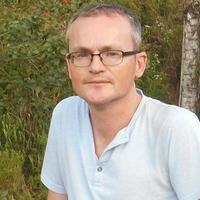
|
Professor Miles Larmer Director of the African Studies Centre; Professor of African History I teach at the History Faculty and the African Studies Centre, where I am currently Director. My research focuses on southern and central Africa, specialising in the modern history of Zambia and the Democratic Republic of Congo, analysing how local historical agents have engaged and intersected with global historical dynamics and challenging the 'methodological nationalism' of much modern African historiography. I have written on social and political change; labour and social movements; extractive communities; military conflict amid Africa's Cold War; nationalism, migration and urbanisation; and, more recently, environmental history and intellectual history, particularly focusing on the relationship between social history and knowledge production. |
|
Dr Emilka Skrzypek is a social anthropologist with a background in sustainable development and an interdisciplinary interest in the extraction of natural resources, geopolitics of extraction, role of private sector in development, and social aspects of energy systems. She has over a decade of experience in conducting social science research extractive contexts, and is an Honorary Research Fellow at the Centre for Social Responsibility in Mining, University of Queensland. Her research to date has largely focused on Papua New Guinea and engages communities, company and government representatives to explore broadly conceived resource relations and interdependencies. She is currently a Senior Policy Fellow at the University of St Andrews’ Centre for Energy Ethics.
|
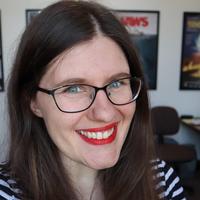
|
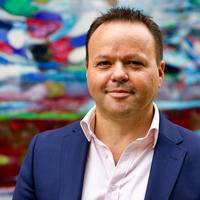
|
Professor Gerry is Head of the Oxford School of Global and Area Studies and Professor of Public Health and Health Economics of Eastern Europe. His research has focused on the political economy of health, welfare, inequality, vulnerability and labour marketes in Russia and Eurasia, particularly as these topics relate to policy. Being an expert on Russia, Professor Gerry has a special interest in ‘monotowns’ and their implications for labour markets, inequality and corporate governance. Professor Gerry is currently working on research projects relating to Belarus and to Central Asia in the aftermath of the COVID-19 pandemic and the regime of economic sanctions impacting the Eurasian region. |
| Magno Paiva is a Professor at the Law Faculty at the Federal University of Ouro Preto (UFOP), Brazil. He is Coordinator of the Research Center of Historic Preservation Law (NEPAC), since 2008, at the same University. Professor Paiva was Vice Rector of Internationalizon at UFOP (2014-2017) and former President of the Municipal Council of Cultural Heritage in the city of Ouro Preto (2020-2022). Paiva has published widely in the fields of Historic Preservation Law. Author of the "Direito do Patrimônio Cultural: Autonomia e Efetividade", 2sd edn, Juruá Press (Cultural Heritage Law: Autonomy and Effectiveness) and "Manual para quem Vive em Casas Tombadas", Legraphar Press (Guide for those who Live in Listed Houses). |
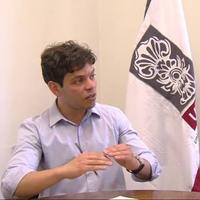
|
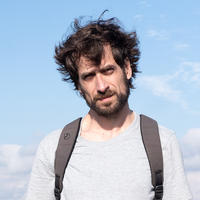
|
João Dumans is a director and cinema researcher based in Belo Horizonte, Brazil. His work explores different approaches to Brazilian social reality, using fiction, documentary and experimental film. His first feature film "Araby" (2017), co-directed with Affonso Uchoa, premiered at Tiger’s Competition in Rotterdam and was shown and awarded in numerous festivals around the world, including Best Picture at the 50th Brasilia Film Festival and the Cinema Tropical Awards, in the EUA. Also with Uchoa, he wrote and edited the feature "The Hidden Tiger" (2014) and the medium length documentary "Seven Years in May" (2019), awarded as the most innovative film of The Burning Lights Competition at the Visions du Reel, in Switzerland. He directed the medium length documentary "To Each their Own" (2014) and worked as an editor and screenwriter for several features, including "Where I grow old" (2016), "The Sleepwalkers" (2018), "The Residents" (2010) and "Joaquim" (2017). He has been giving cinema classes in Belo Horizonte for almost ten years. At this moment, he is working on the editing of his first feature length documentary film, a portrait of the mining district of Miguel Burnier, in Minas Gerais, Brazil. |
| Prof. Dr. Angela Oels is a full professor in Political Science with a specialisation in climate politics at Augsburg University. She is a member of the newly founded, interdisciplinary Centre for Climate Resilience and studies the politics of adaptation to climate change. |
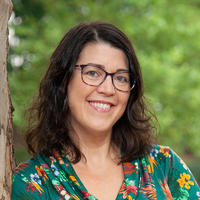
|


